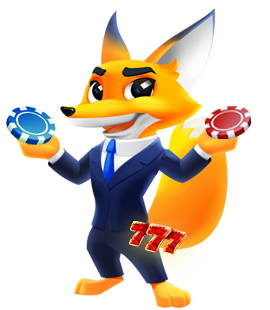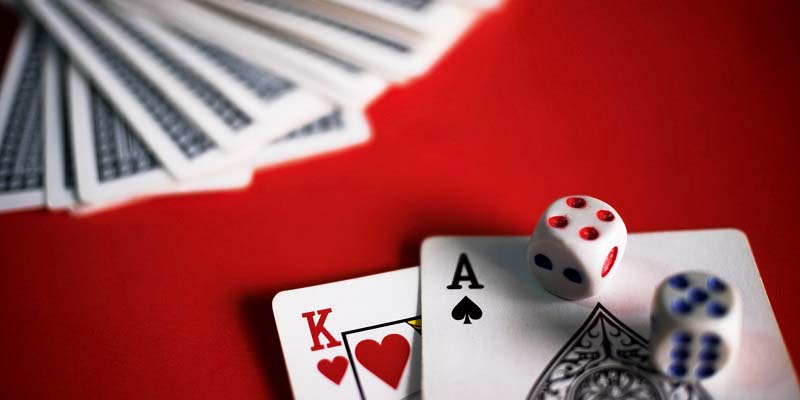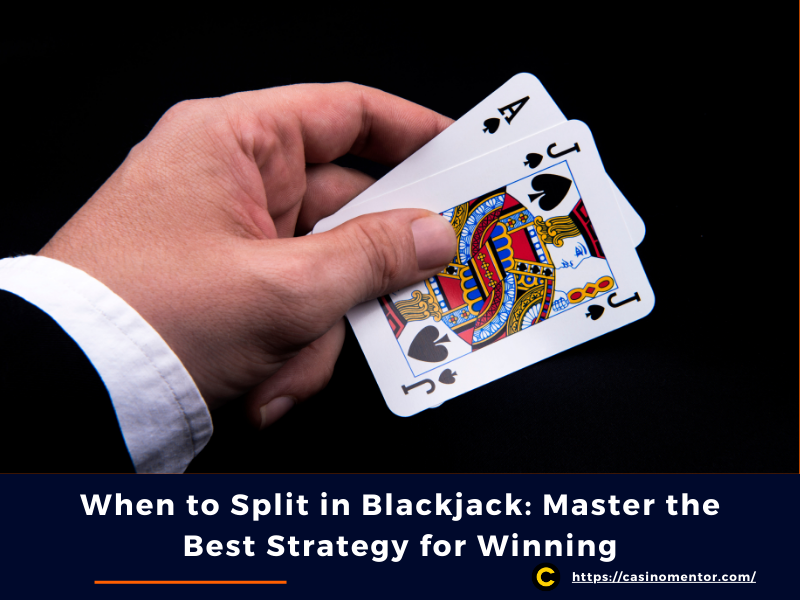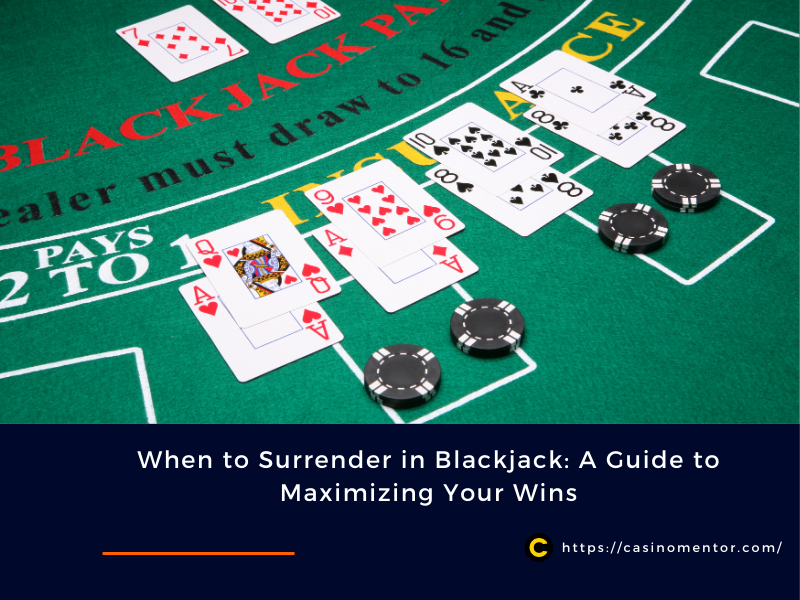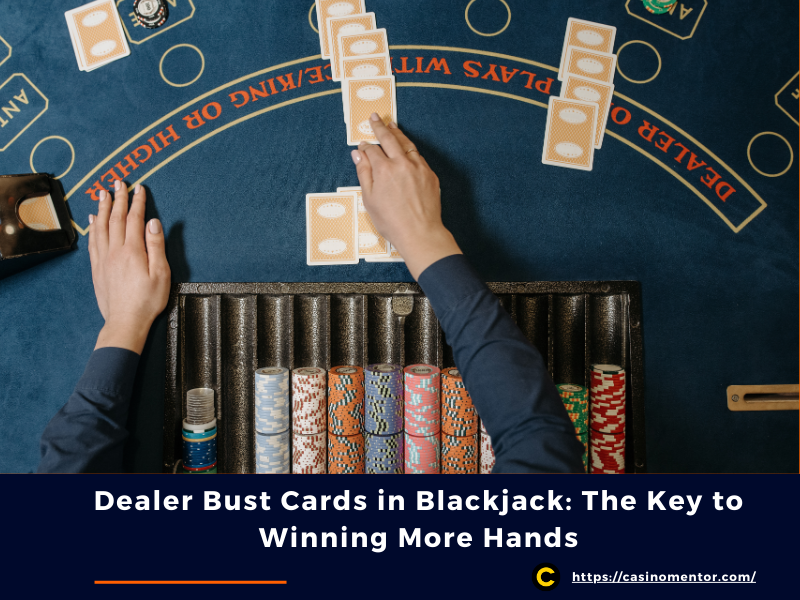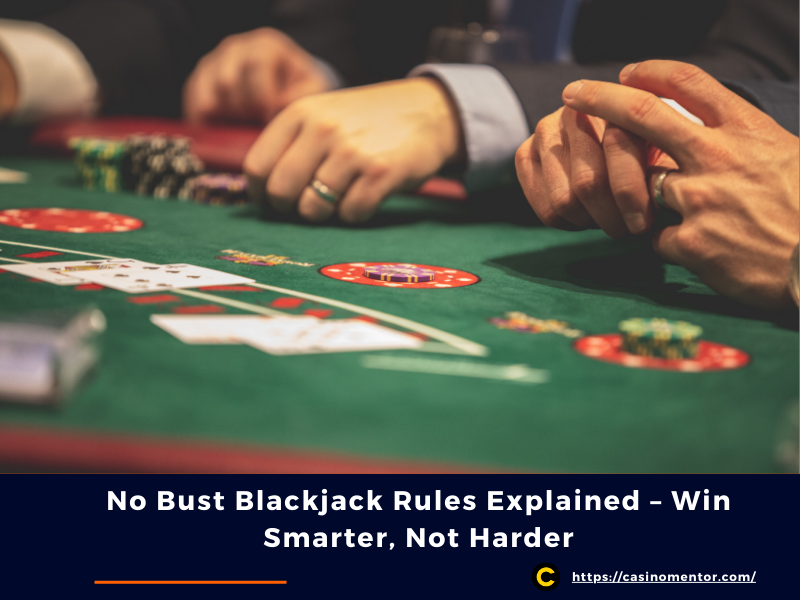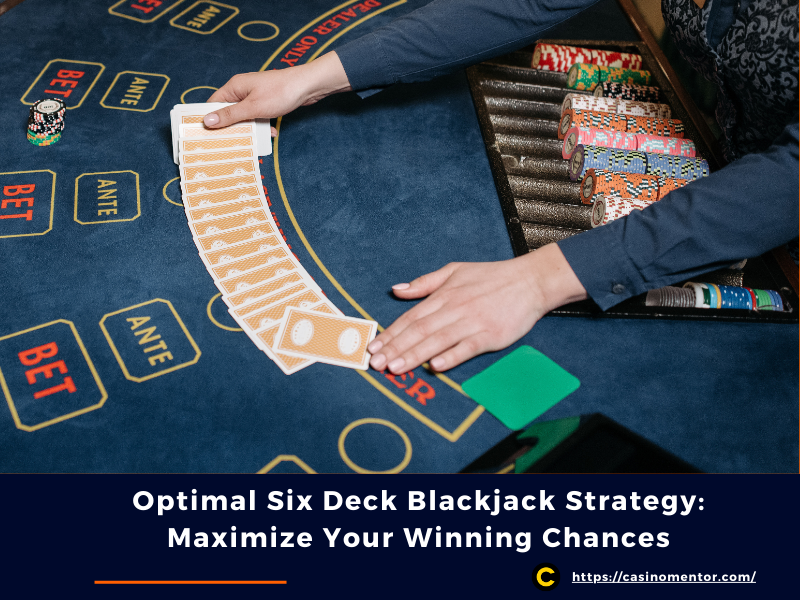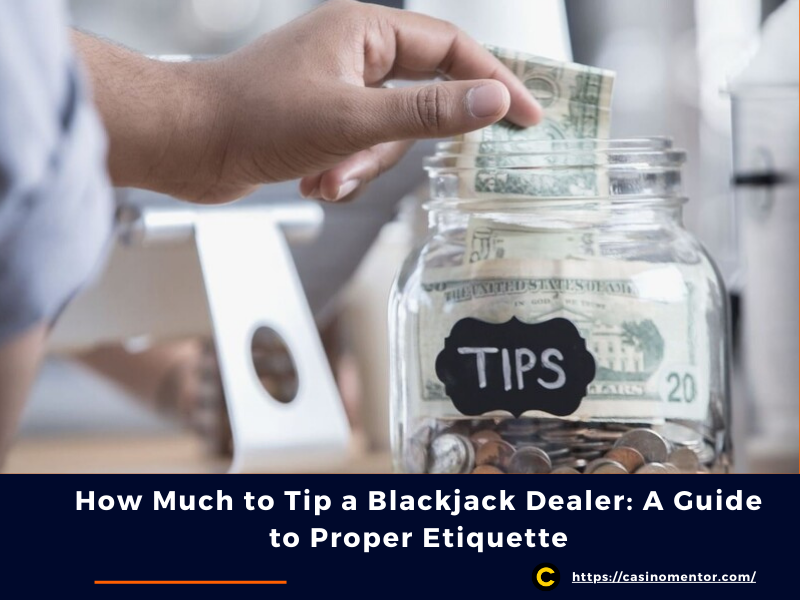What Is The Blackjack Insurance Bet?
Blackjack Insurance bets are an interesting concept in Blackjack that many players are not aware of. This type of bet allows players to prevent losses if they are sure that the dealer is about to get a Blackjack with an ace up. However, if the player's prediction is wrong, they will aggravate their losing bet.
In today's article, we will introduce you to this unique Blackjack strategy, how it works, how much you will be insured, and whether it is the right suitable strategy for all situations or not. Come on, let's get started!
What Is Blackjack Insurance Meaning?
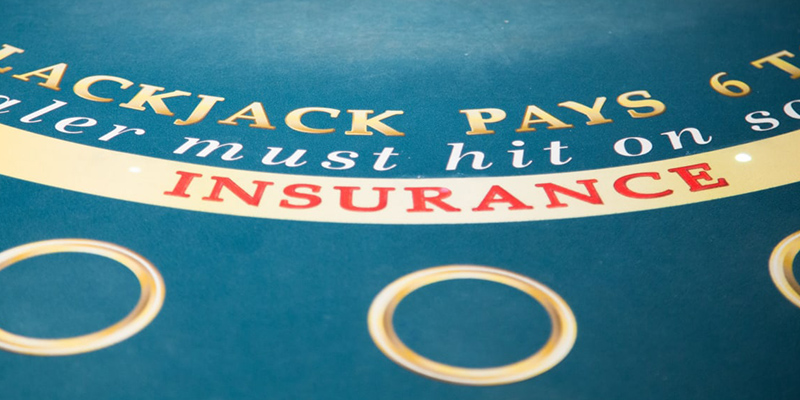
First and foremost, let us define insurance.
Blackjack insurance is a side bet in blackjack that allows you to wager on the dealer having blackjack if the dealer has an ace up. If you are correct, which means the dealer actually has the blackjack later, you will double your insurance money.
Of course, since the dealer has blackjack, you'll lose your initial wager. But, by betting insurance, you protect your hand against the dealer holding the deadly blackjack and earn some sort of profit to cover the loss.
If you don't insure your hand when the dealer is about to have a blackjack, you will lose your entire bet without making any money back.
That is what blackjack insurance means.
It's only available when the dealer has an ace up, and you may only insure up to half of your main wager. So, for example, if you bet 20 dollars on your blackjack game and the dealer has already had an ace up, you only can ensure a maximum amount of 10 dollars to protect your hand. If you win, you'll have 20 dollars back to cover the 20 dollars you have lost because the dealer has the Blackjack.
How Does Blackjack Insurance Work?
When the dealer's face-up card is an Ace, blackjack players can place an insurance bet, which means they will get Blackjack if their second card is worth 10.
Players can put an insurance bet if they believe the dealer will obtain Blackjack, since there are four cards worth ten in Blackjack, that is 10, Jack, Queen, and King. Insurance bets pay 2 to 1 and allow the player to wager up to half of their initial bet, which means that if the dealer has Blackjack, the player wins the amount of their original bet and loses no money on the round.
For example, making an insurance bet on a player's original bet of $10 has one of three outcomes:
| Situations | Dealers had Blackjack and if the insurance bet won? | Players won the round? | Final profit / loss |
| Situations 1 | Yes ($10 win) | No ($10 loss) | $0 |
| Situations 2 | No ($5 loss) | Yes ($10 win) | $5 |
| Situations 3 | No ($5 loss) | No ($10 loss) | -$15 |
Detail Examples
Below we will give detailed examples of situations you may encounter at a blackjack table that allows players to place insurance bets.
Example 1 (Dealer has Blackjack):
- The dealer deals with two players who both have wagered $10 on their cards and their own first card, which is an Ace.
- Player one is dealt an 8 and a 7, for an initial value of 15. They decide to take the insurance bet for $5. They hit and receive a 4, taking the value of their hand up to 19, and stand.
- Player two is dealt a 5 and a 7, for an initial value of 12. They do not decide to take the insurance bet. They hit and receive a 6, taking the value of their hand up to 18, and stand.
- The dealer then draws a King, meaning they have Blackjack.
- Player one has therefore lost the round to the dealer because they have Blackjack and lost $10, but player one has won their insurance bet, winning $10 from $5 wagering. Thus, player one has a push, and he makes no profit and no loss overall.
- Player two has also lost the round since the dealer has the Blackjack, but they did not wager in the insurance bet. So, they have lost $10 in total, like a regular blackjack player when they lost to the dealer’s hand.
Example 2 (Dealer does not have Blackjack):
- The dealer deals with two players who both have wagered $10 on their cards and their own first card, which is an Ace.
- Player one is dealt a 5 and an 8, for an initial value of 13. They decide to take the insurance bet for $5. They hit and receive a 5, taking the value of their hand up to 18, and stand.
- Player two is dealt a 9 and a 5, for an initial value of 14. They decide to take the insurance bet for $5. They hit and receive a 6, taking the value of their hand up to 20, and stand.
- The dealer then draws a 5, meaning they do not have Blackjack. They hit again and receive a 3. Then, the dealer stands blackjack Ins, meaning their hand finishes on 19.
- Player one has therefore lost the round to the dealer (18 to 19), losing $10, but also does player one lost their insurance bet, losing a further $5 to lose $15 on the round overall.
- Player two has also lost their insurance bet, losing $5, but has won the round against the dealer (20 to 19). So, they win $10 to cover the $5 insurance bet loss. Thus, they make a $5 profit on the round overall.
How Much Should You Wager? What is the Payoff?
Most casinos apply the rule that the player is allowed to bet for insurance equal to half of the original bet on the hand.
However, this percentage may be less at some other casinos based on the operator's terms.
For example:
Assuming you bet $50 on the hand, you are allowed to bet a maximum of $25 if the first face-up card of the dealer is an ace.
The blackjack insurance payout is double the wager amount. Based on the blackjack insurance example above, you would receive a total of $50 from the $25 you spent insuring your hand card if the dealer actually had the Blackjack by receiving a 10-worth card later.
However, pay attention to the overall return of the hand instead of just focusing on the insurance money. The original purpose of insurance is to reduce the potential loss for the player if the dealer is on the way to Blackjack, rather than to seek more profit.
Therefore, do your due diligence before taking out blackjack insurance, because if you lose this bet, you will be sacrificing the winnings you would otherwise have earned. In a worse case, you will even lose more than you could possibly lose.
Read more: Doubling Down in Blackjack - All You Need to Know
Is Taking Insurance In Blackjack A Good Bet?
Insurance bets are a type of bet with two sides. On the one hand, it will cover your losses if the dealer has a blackjack afterwards. But on the other hand, it will reduce your winnings if the dealer could not receive a 10-worth card, or worse, aggravate your loss.
Some notes before you want to optimize your winnings before using Blackjack insurance:
- Calculate the probability that the dealer has a Blackjack, or in other words, the chance for the dealer to receive a 10-worth card in their second card.
- Look at the face-up cards of other players to see how many 10-worth cards haven't been dealt with. From there, you will calculate your chances of winning if you participate in your insurance bet.
- Don't be confused when other players or the dealer advise you to ensure your hand.
- If you are dealing two 10 cards, that is a great chance for you to win the dealer by 20, meanwhile, you are aware that there are two less 10 cards that can turn the dealer's hand into a blackjack. In this case, insurance is not necessary and it can even reduce your winnings.
- If your hand is quite weak and you find that there are plenty of 10-worth cards that haven't been dealt with, insurance might be a good idea to reduce your losses. However, that still depends on the second card of the dealer.
Conclusion
Blackjack insurance is an interesting type of bet. However, make sure you are a skilled player before considering this type of bet, as it can carry potential risks. Even so, if you are confident with your prediction skills, apply this smart strategy to profit through blackjack in the long run.




